How do we assess students and help them to improve?
All students sit baseline assessments to check prior knowledge and supports the flexible approach we take when teaching specific concepts and how long we spend teaching them. Time is allocated for students to embed what they have learned in long term memory through extensive practice before moving onto new content. Through regular assessments we move forward according to how secure students’ knowledge is.
Our science curriculum takes into consideration of shared language which may have different interpretations in Math and Sciences. This avoids misconceptions e.g. the line of best fit. Many A level Science students combine their studies with other A levels that teach statistical calculations such as A level Maths and Psychology. Teachers can quickly ascertain which students may need an earlier starting point when learning statistical calculations and analysis. Knowledge is built on from students’ prior knowledge so pupils’ misconceptions are less likely. These are then explicitly addressed within lessons.
Our assessment identifies the strengths and gaps of a student’s own learning. We use it to identify any misconceptions and decide what needs to be revisited, retaught or reinforced. Assessments include the checking of substantive knowledge and disciplinary knowledge. In all assessments students are tested on new content, previous content, mathematical skills, practical investigations and application. Through regular assessments we move forward according to how secure students’ knowledge is. This cycle of assessment and feedback work students towards being confident expert learners.
In the department we assess using baseline assessments, practice exam questions, end of topic cumulative assessments, tracked practical assessments (for A level) and mock assessments. Students are provided with live feedback in lessons, after assessments and written feedback for their coursework.











